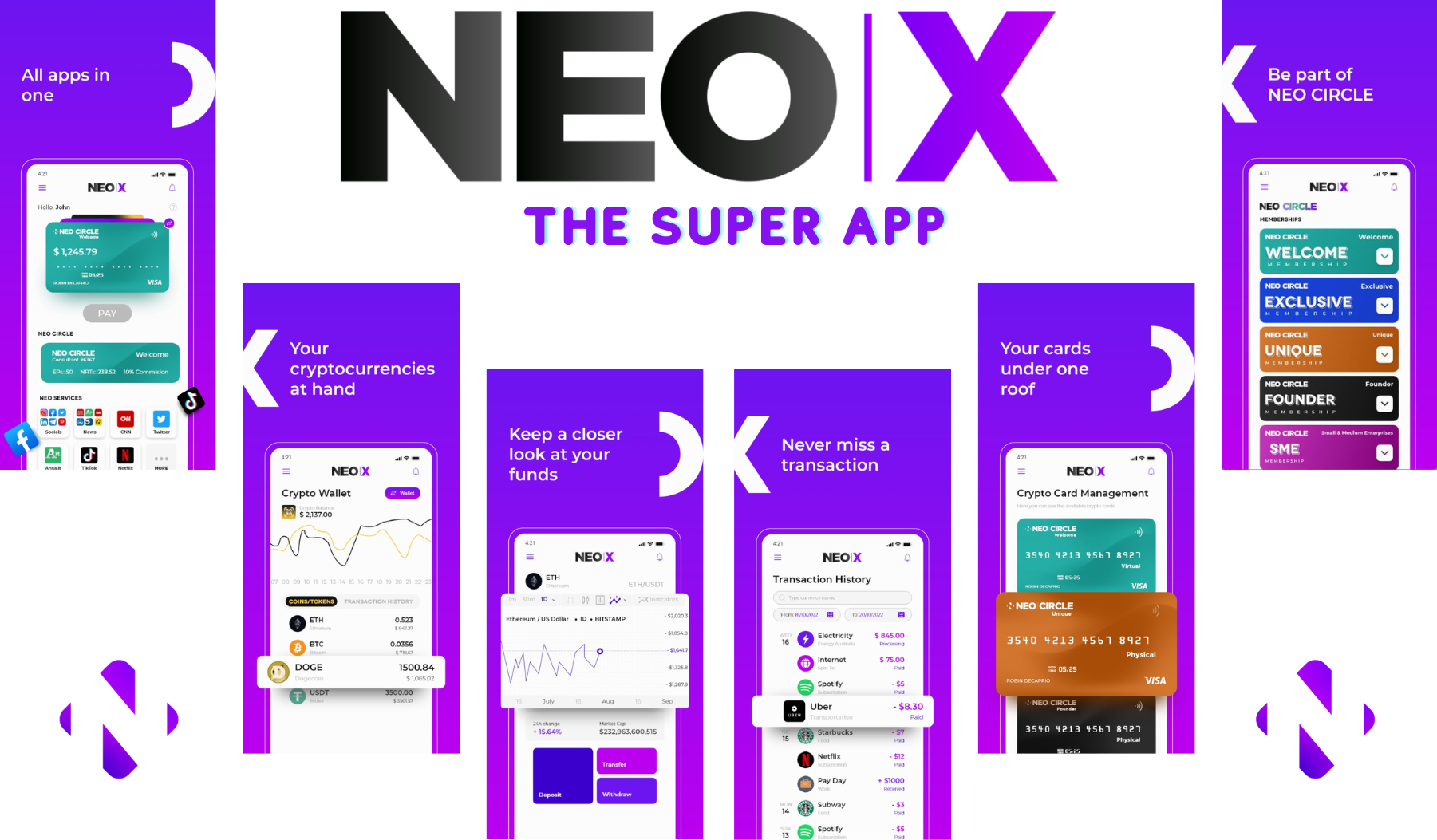[ad_1] “Open banking is the future.” At this point who, in the fintech world, hasn’t heard that phrase? However, when (what was believed to be a booming) open banking company, and one of the innovators in the space, announces that it will be phased out, you can’t help but wonder if the problem lay with …
Open Banking Tech Is Not to Blame for Yolt’s Demise Asserts Fintech Industry

[ad_1]
“Open banking is the future.” At this point who, in the fintech world, hasn’t heard that phrase? However, when (what was believed to be a booming) open banking company, and one of the innovators in the space, announces that it will be phased out, you can’t help but wonder if the problem lay with the product or with the company itself. This is the question we presented to the fintech industry as ING announced Yolt, the open banking API, would be phased out.
Last year, Yolt’s parent company, ING, the Dutch multinational banking and financial services corporation, shut down Yolt’s personal financial management app. One year later, the parent company announced that the entire business-to-business open banking operations would be shut down, with the aim of completing the phase-out process by the end of April 2023. In a statement ING said:
“After a thorough evaluation of all options, in the context of the rapidly evolving and changing market, ING has concluded that it is not feasible to achieve its ambitions with Yolt (formerly Yolt Technology Services). ING and its businesses continuously evaluate activities, including assessing whether they are likely to achieve the preferred scale in their market within a reasonable time frame. In this context, the evaluation has led to the decision to phase out Yolt.
“Yolt has informed their clients of the decision and the planned winddown of their services. Until the termination of services, Yolt will continue to fulfil its contractual obligations to meet clients’ expectations.”
Where did the problem lie?
We reached out to the industry to unpack the news and what it meant for other open banking API players. Who or what was really to blame for the failure?

Ivan Maryasin, CEO and co-founder of Monite, the accounts payable automation company, defended open banking technology, pointing out that the era of the superapp means there’s less room for error: “In the fintech space, we will look back on Yolt’s folding as a classic, first-gen. fintech parable: you’ve got a promising company with a hot new technology, but it simply didn’t add up to enough revenue. They could not connect all the dots, and this is because they were not connecting the dots for their customers.
“We need to do more — offer more — in the fintech space. APIs are such now that the era of the niche super-app is upon us, and the norm of businesses needing 10 different APIs and fintech services is now old-fashioned. The problem comes when fintech customers, start to put all this magic technology into practice. They are often finding that onboarding and use are more of a headache than they anticipated, offerings are diffuse and generalised, and the promises underdeliver.
“There’s nothing ‘wrong’ with open banking, and I don’t think this shutdown is indicative of any negative trends. Rather, we need to take it as a wake-up call. At present, most fintech providers are leading with messages of new technology, but the customers is left alone to piece it all together. We need to start leading with solutions to specific headaches, and we should provide targeted and complete platforms that service customers wherever they’re already working. The era of the fintech superapp is here, and there will be many more Yolts if we as an industry don’t change our proposition.”
The open banking industry has often been referred to as overrated in the short term and underrated in the long term. While ING’s decision may cause some banks to revise their short-term business plans related to open banking, I do not believe that it will impact their long-term objectives. Especially with the EU’s Open Finance regulations around the corner, which should address the current pain points of open banking processes.

Krzysztof Grzeszczuk, senior innovation consultant at Netguru, the software development and consultancy company, reflected on why Yolt was initially so successful but identified the pivotal error which led to ING’s announcement: “Yolt was one of the early players in this game, with an open banking based solution for the consumers. After a very promising start that attracted a lot of attention from the industry, the first early warning came following the decision to pivot from a B2C to a B2B service offering.
“While the Yolt app was showcasing the potential of the PSD2 services and combining them with an attractive UI, moving to the Yolt Processing Services was an entry into an already crowded market. We do not know what was ‘the preferred scale in their market’ referred to in the ING announcement, but one can only guess that eliminating a service that was long from breaking even was a relatively easy and quick way of improving the future quarterly results of ING. Additionally, any bank offering services to other financial institutions is always in a more difficult position compared to third parties that have no portfolio of competing banking products. Especially when the third parties are heavily funded by large card organisations.”

Rolands Mesters, CEO and co-founder of Nordigen, the open banking API platform, also defended the technology saying:“The situation with Yolt is in no way indicative of open banking’s success. Open banking is continuing its growth globally and the adoption rates for the technology are higher than ever, surpassing six million users in the UK in May of 2022. In the future, we will see open banking become an integral part of financial services, utilised across markets and products. Nordigen is excited to be part of the journey to further democratise open banking”.
 Francis Bignell
Francis Bignell
Francis is a journalist with a BA in Classical Civilization, he has a specialist interest in North and South America.
[ad_2]
Source link
In a constantly evolving world, where cryptocurrencies, decentralized finance and metaverse are creating new scenarios and opportunities, MY NEO GROUP is your guide in the digital transition.
Our Mission is to give you a pool of strategic assets to be the protagonist and earn together with US in the New Economy.
For more info:
Company – https://www.myneogroup.com
Community – https://www.myneocircle.com
Token NRT – https://www.myneocredit.com
Banca – https://www.bancaneo.org
Super web-app: https://myneodash.com
Mickael Mosse, CEO & Founder of My NEO Group, Forbes interview: https://forbesbaltics.com/en/search/mickael-mosse









